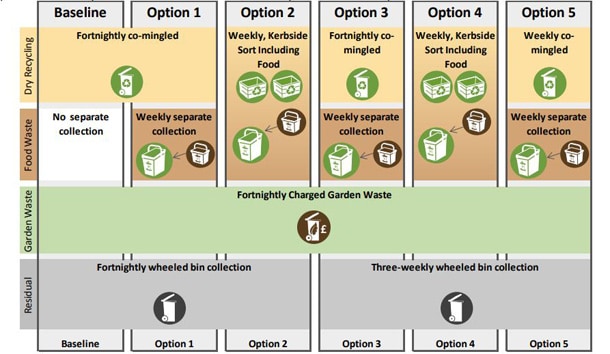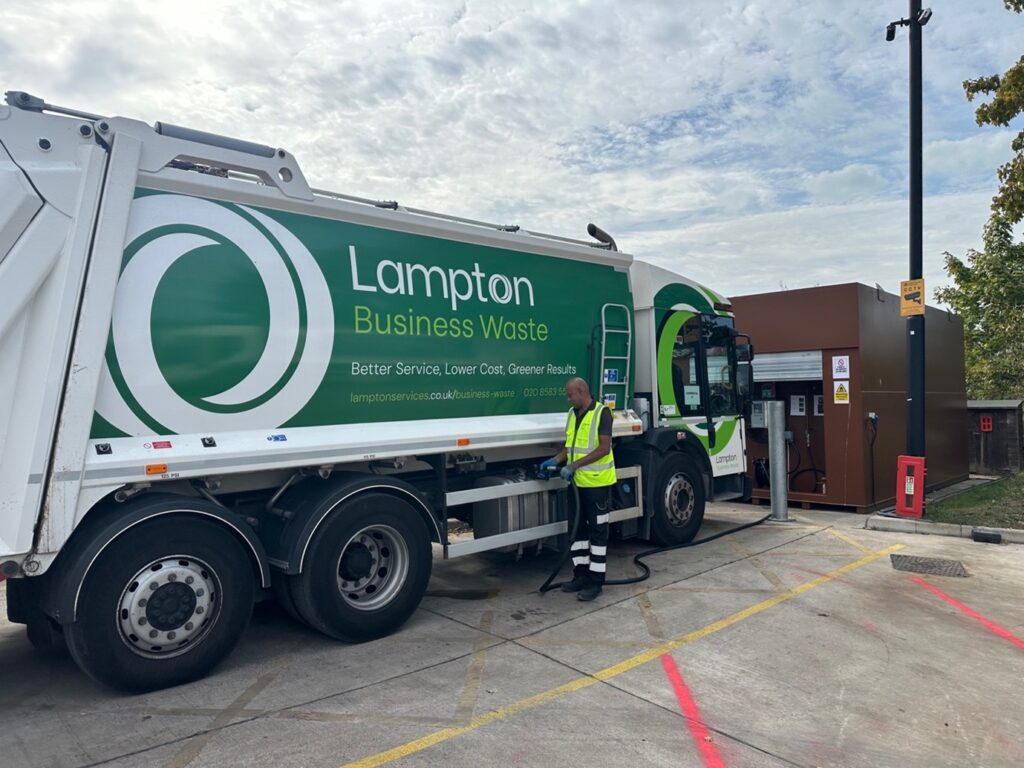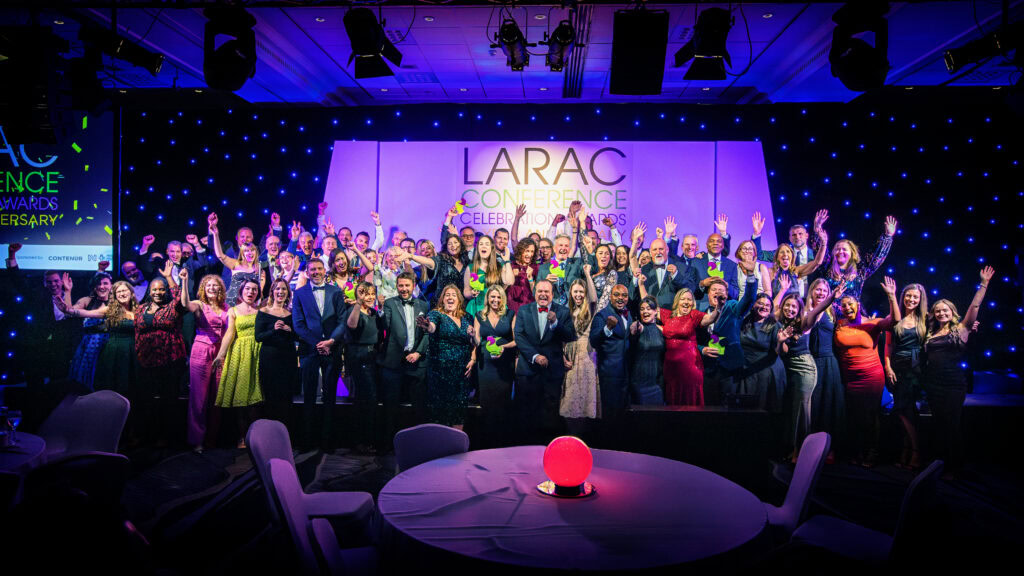Following a meeting last week, the council’s place scrutiny committee recommended that the authority continues to provide its current recycling service.
This includes the collection of commingled recycling and residual waste on an alternate-weekly basis. When contacted by letsrecycle.com, a spokesperson for the council confirmed that food waste is currently sent to energy from waste with residual waste.

The decision not to introduce a food waste service is now expected to be approved by the council’s Executive.
In 2016, consultancy Eunomia was appointed by the authority to investigate the business case for separate food waste collections. Five different recycling and waste collection scenarios were modelled, comparing cost and performance against that of the current service.
‘Marginally cheapest’
An option with weekly collection of food waste and other recyclable materials largely sorted into separate streams at the kerbside, was modelled as being “marginally the cheapest option,” according to a report by the council’s place scrutiny committee.
This would save a total over 10 years of £6,000 compared to the baseline service, the report notes.
And, the council says, Eunomia found that the option, which includes reducing the frequency of refuse collections to a three-weekly basis, delivers “the highest recycling rate”.
However, in the report, the council explained, that this option, while modelled as the cheapest service, “represents a radical change to our waste collection service and the actual financial performance could differ from the model”.
The report states: “Taking into account the requirement for additional recycling and customer support staff, all the options for food waste collection would cost more than the baseline service, and come with a degree of uncertainty and therefore financial risk to the Council.”
The council says that China’s implementation of its National Sword operation has introduced “greater volatility” into the commodities markets and any previous assumptions about income from recycling “need to be treated with caution”.

WRAP research
Many experts in the waste industry have supported the case for separate food waste collections as a measure to increase recycling rates and reduce wastage. However, recent research undertaken by WRAP as part of its consistency work found that for some local authorities, introducing a separate food waste collection service where one is not already in place can represent an additional cost (see letsrecycle.com story).
Commenting on the findings from pilot projects, Linda Crichton, head of resources at WRAP, explained: “For the 80% or so of the ‘pilot’ authorities currently with no weekly food waste collection and operating a fortnightly residual collection, here the opportunities for further savings or ability to add food waste at no additional cost were limited.”








Subscribe for free